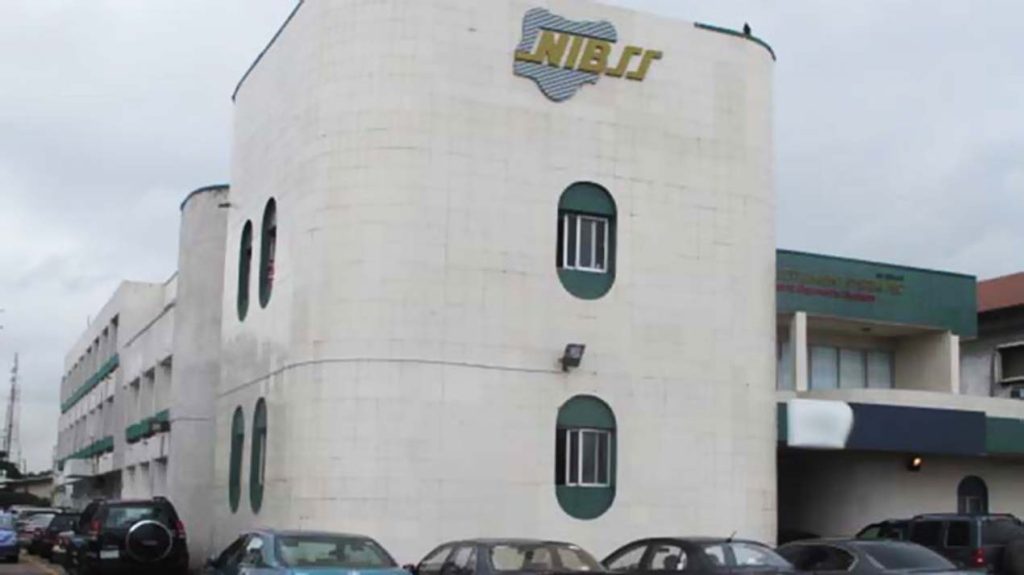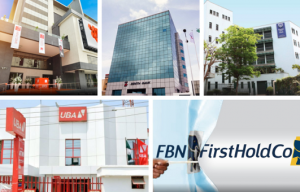
The number of active bank accounts in Nigeria rose significantly to 311.65 million by December 2024, marking a 48.89% increase from 209.31 million recorded in January 2024, according to data from the Nigeria Inter-Bank Settlement System (NIBSS).
This growth indicates that over 102.3 million new accounts were activated within the year, reflecting a rise in banking penetration and financial inclusion efforts. However, the report also noted an increase in dormant accounts, which climbed by 6.52% to 19.69 million during the same period. Additionally, the number of closed accounts grew by 17.4%, reaching 25.49 million.
According to the World Bank, having a transaction account is a key step toward financial inclusion, enabling individuals to store, send, and receive money. The bank highlighted that Nigeria’s account ownership rate rose from 30% in 2011 to 45% in 2021.
The Central Bank of Nigeria (CBN) has been driving financial inclusion through the National Financial Inclusion Strategy (NFIS), introduced in 2012. This framework focuses on agency banking, mobile banking, client empowerment, and other key areas to expand access to financial services.
The 2023 EFInA Access to Finance Survey revealed that financial inclusion in Nigeria improved to 74% in 2023, up from 68% in 2020, though 26% of the population remains unbanked. Despite progress, gender and regional disparities persist, with Northern Nigeria recording higher exclusion levels.
At the International Financial Inclusion Conference 2024, CBN Governor Olayemi Cardoso emphasized the role of financial inclusion in economic development, particularly in empowering small and medium enterprises, women, and vulnerable populations. He also highlighted the role of digital payment platforms in expanding banking access, leveraging Nigeria’s increasing mobile phone penetration.








